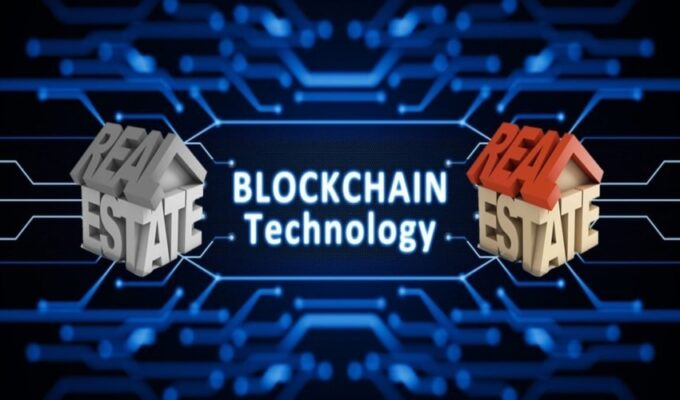What makes us technologic beings and how?
Is it that we have developed complex economics systems to govern us or is it that we believe in something called advancement?
Definitely, the latter, as people around the world are resolved to tackling the cause of inconvenience and insecurity of their financial data. An era where payments made through banks, online or otherwise, had long, charged, unsafe transactions, has developed advanced Blockchain systems to address the issues.
The real estate industry makes up for a sizable chunk of the global economic asset and transaction activity. Real estate is an industry that flourishes and usually multiplies, mostly irrespective of how the overall economic activity goes. Continued infrastructural development in the world has also contributed to the increased valuations of the real estate industry, and blockchain technology can further do wonders in the area.
From automated processes to cost efficiency, from greater transparency and data accessibility to tokenization, blockchain can revolutionize the entire industry. Distributed Ledger Technology (DLT) provides automation, access to information and tokenization for the real estate industry. This provides the interoperability between the parallel systems which are the oxygen for real estate. It also rids the system of third-party mediation thus reducing the cost and enhancing transparency. While the risk of human error is minimized, the authenticity and greater accessibility of data are ensured.
While this digital revolution can take the industry by storm, the significance of advice, the know-how of the industry and basic knowledge will remain imperative for commercial and individual buyers. The processes, documentation, accounting, and management will, however, change for the good.
Tokenization
Tokenization is among the most thrilling benefits blockchain technology can provide to real estate. Digital assets that are programmable can reflect the shares across the globe, revenue streams, estate funds and beyond.
The tokens in real estate can be programmed according to the desired requirement. For instance, one may want tokens to be issued to relevant counterparts or strictly no distribution of tokens during the lock-up period. Tokenization makes it possible. Although the actual goal of this technology inclusion is to devise a future with new markets and instruments, for now, this too is a magical stir for the industry.
Tokenization lessens the cost and boosts the speed of asset production, the innovation of new features, creating secondary market trading and it goes as far as the settlement of arrangements without the risk of counterpart indulgence. All of this simplifies and increases access to investors. An atmosphere is created where the liquidity is improved, and risk is distributed.
Property Sale and Title management
The blockchain technology provides traceable legal agreements. This boosts the real estate sale process and supports rapid transactions with greater transparency through a shared ledger. This technology also enables reduced property transactions and other fees directly or indirectly associated with the titles.
Investor and Tenant Identity
One of the finest benefits blockchain technology provides is the removal of anonymity while dealing with property selling and buying process. Digital identities are more powerful across all platforms. Moreover, the blockchain-based processes streamline the checks and balances and ensure greater security. The decentralization of identities allows for greater shareability between parties. Plus, the ownership can be proved by anyone transparently through means of necessary documents alone that are again accessible by all stakeholders.
Land titles and records
The greatest benefit the blockchain technology can provide to the real estate industry is the digitization of the assets to replace orthodox paper deeds. The Distributed Ledger Technology (DLT) creates a cloud or a shared source of truth for all parties across the board. The blockchain technology also enables transaction and property ownership record sharing to fully reap the benefits of digitized technology. Sweden is one example where the land registry authority already has a fully functional blockchain-based land register platform.
Author Bio:
Ray Parker is a Senior Marketing Consultant and Writer at Kualitatem with a knack for writing the latest news in tech, quality assurance, software development and testing. With a decade of experience working in the tech industry, Ray now dabbles out of his New York office.
Read Dive is a leading technology blog focusing on different domains like Blockchain, AI, Chatbot, Fintech, Health Tech, Software Development and Testing. For guest blogging, please feel free to contact at readdive@gmail.com.





